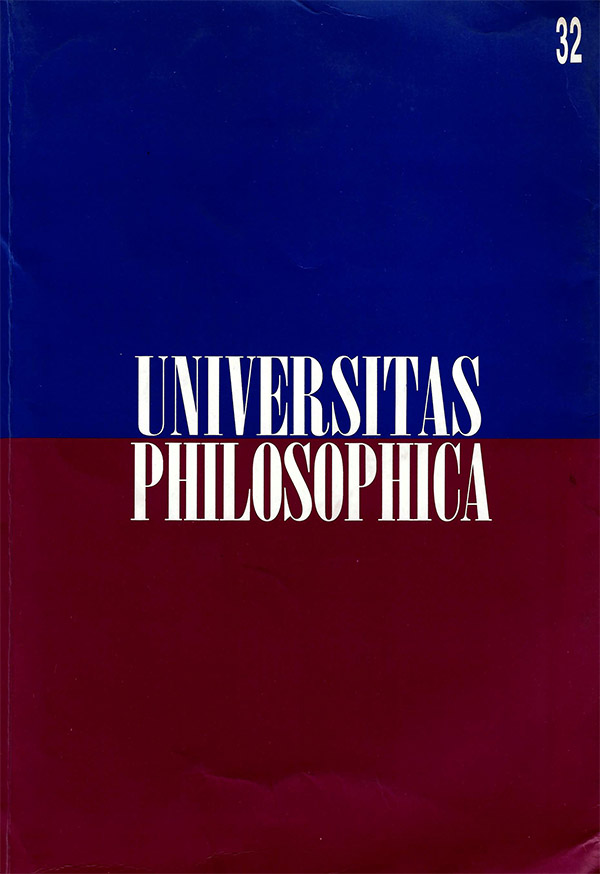Abstract
Reflecting on social life is the essential aim and content of David Hume's philosophy; and writing essays, the most adequate way to convey it. Through essays, philosophy becomes closer to ordinary man; they allow philosophy to meet its function in promoting good taste, morality, and social cohesion among partners in the social body. Proper human life develops itself in conversation, a realm where sharing feelings and interchanging emotions are prior to ideas. Knowing human soul: passions, sentiments and emotions weaving and playing, is the core of morality. The foundation of morality lies on the principie of sympathy rather than on a logical reason; sympathy tilts man to take a stand for humanity. Beauty an good taste and art are closely bound to sympathy as a mean to reach moral judgements which express a communal acknowledgement concerning the human value of our sentiments and actions. Knowing some problems with the humean notion of "taste" as a constitutive in moral judgement,a quest and some elements for an answer are provided in this article.This journal is registered under a Creative Commons Attribution 4.0 International Public License. Thus, this work may be reproduced, distributed, and publicly shared in digital format, as long as the names of the authors and Pontificia Universidad Javeriana are acknowledged. Others are allowed to quote, adapt, transform, auto-archive, republish, and create based on this material, for any purpose (even commercial ones), provided the authorship is duly acknowledged, a link to the original work is provided, and it is specified if changes have been made. Pontificia Universidad Javeriana does not hold the rights of published works and the authors are solely responsible for the contents of their works; they keep the moral, intellectual, privacy, and publicity rights.
Approving the intervention of the work (review, copy-editing, translation, layout) and the following outreach, are granted through an use license and not through an assignment of rights. This means the journal and Pontificia Universidad Javeriana cannot be held responsible for any ethical malpractice by the authors. As a consequence of the protection granted by the use license, the journal is not required to publish recantations or modify information already published, unless the errata stems from the editorial management process. Publishing contents in this journal does not generate royalties for contributors.


